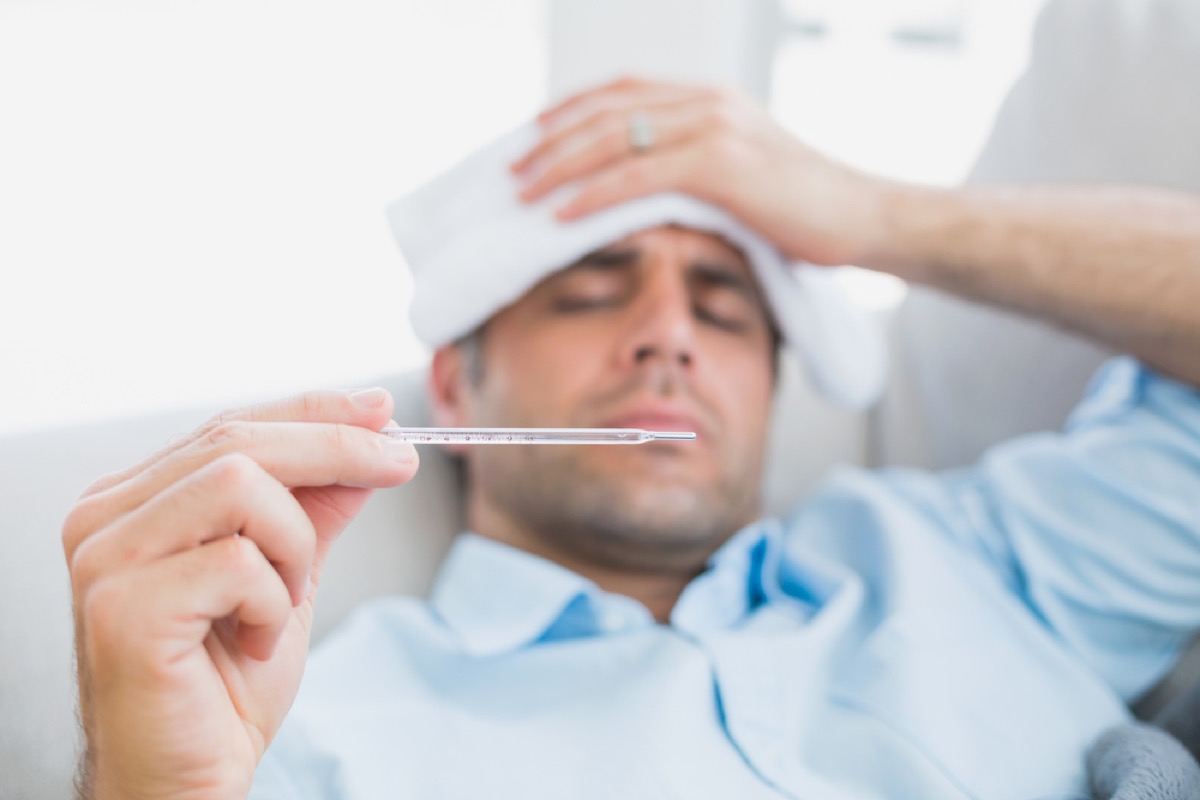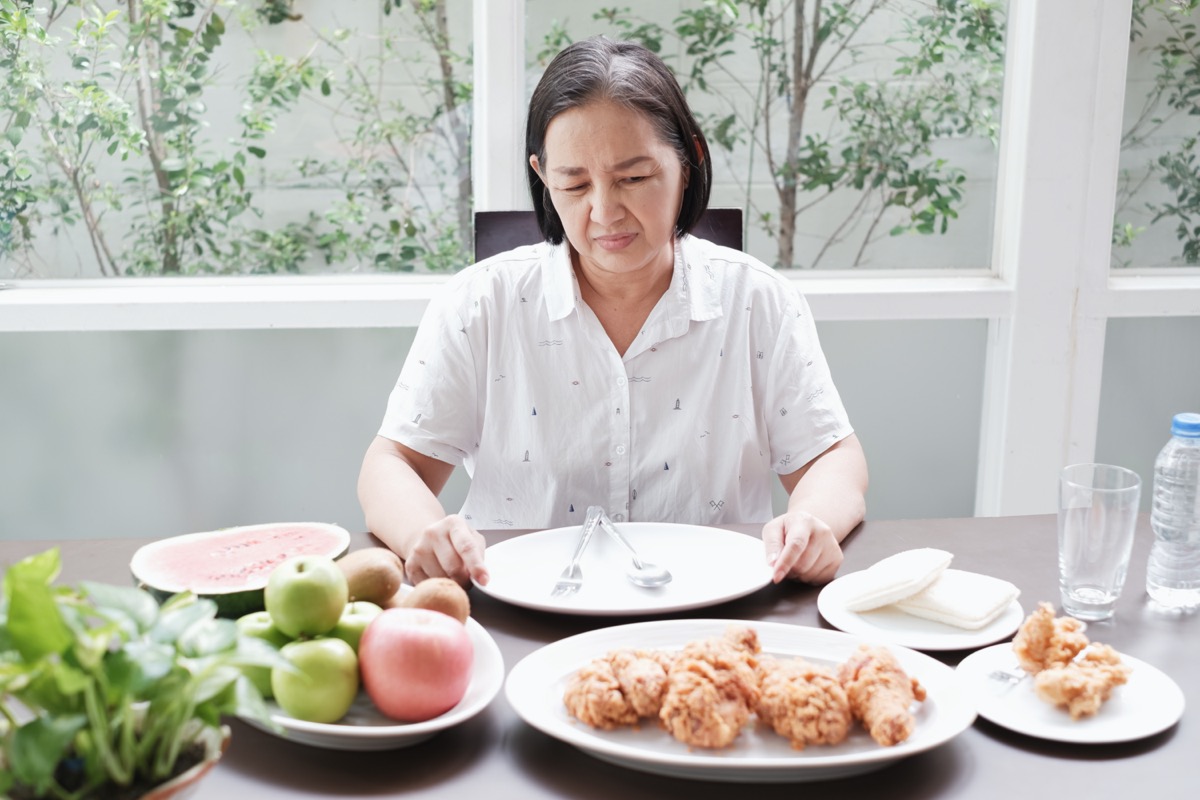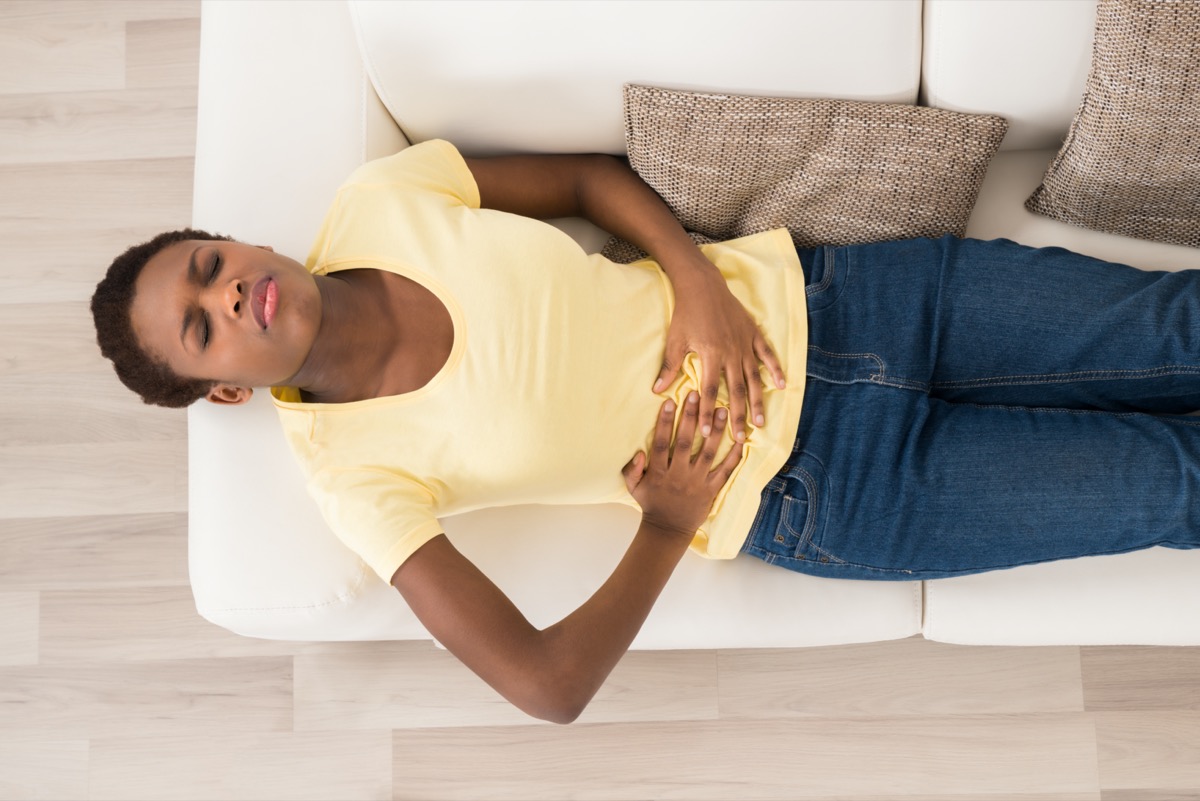A new study conducted by researchers at the Institute for Behavioral Medicine Research at the Ohio State University College of Medicine and accepted for publication in Perspectives on Psychological Science, reveals that both depression and stress could make the COVID vaccine less effective. These “health behaviors and emotional stressors can alter the body’s ability to develop an immune response,” explained the study’s lead author, Annelise Madison, potentially compromising its efficacy. In some cases, this may mean that it takes longer for depressed or stressed individuals who’ve been vaccinated to develop an immune response to the disease, while others with the aforementioned conditions may become immune to COVID for less time. The study’s researchers also noted that the pandemic itself has been exacerbating these conditions in many people, potentially threatening their future immunity to COVID. However, there is a glimmer of hope—some of the factors that could dampen a person’s immune response can be changed, researchers say. “It’s possible to do some simple things to maximize the vaccine’s initial effectiveness,” explained Janice Kiecolt-Glaser, a senior author on the study and director of the Institute for Behavioral Medicine Research. Getting adequate sleep the night prior to getting the vaccine and engaging in vigorous exercise were both cited as factors that could boost a person’s immune response to the vaccine, potentially offsetting some of the psychological factors that could dampen its effectiveness. Additionally, if you’ve already had COVID, you may have some degree of immunity to the virus already; read on to discover which COVID symptoms may mean you’ll be immune for longer. And if you’re eager to see the pandemic come to an end, COVID Will Be “Dramatically Better” by This Date, FDA Official Says. Read the original article on Best Life. According to a Jan. 6 preprint of a study conducted at the University of Wisconsin-Madison, if you develop a fever while you have COVID, you may be immune to COVID for a longer period of time. “Such an inflammatory response may be key for developing a strong anti-SARS-CoV-2 antibody response,” according to the study’s authors. And if you want to stay safe, These 3 Things Could Prevent Almost All COVID Cases, Study Finds. If you noticed your appetite waning during your illness, that may be a good thing. The University of Wisconsin-Madison researchers found that a low appetite could be the result of a person’s immune response, indicating longer immunity to COVID going forward. And if you’re worried about the U.K. variant, know that The New COVID Strain Is Now in These 12 States. Digestive issues are, for many, a hallmark of COVID infection—and one that may indicate greater immunity post-infection. According to the University of Wisconsin-Madison study’s authors, gastrointestinal symptoms like diarrhea could “directly enhance the antibody response, perhaps by activating inflammatory cells throughout the gut.” And for the latest COVID news delivered straight to your inbox, sign up for our daily newsletter. The University of Wisconsin-Madison researchers also speculated that abdominal pain could be a precursor to more robust post-COVID immunity. The study’s authors noted that the aforementioned symptoms and abdominal pain are all “correlated consistently with higher anti-SARS-CoV-2 antibody levels.” And if you want to protect yourself until you can get vaccinated, know that Doing This to Your Mask Could Keep You Even Safer From COVID, Experts Say.ae0fcc31ae342fd3a1346ebb1f342fcb



